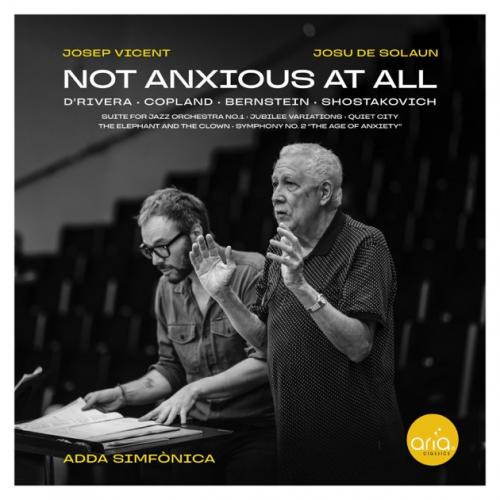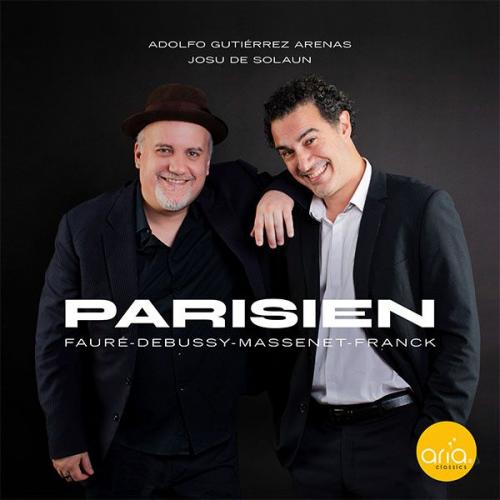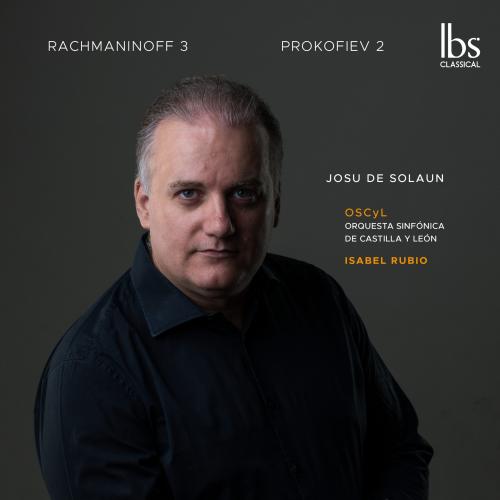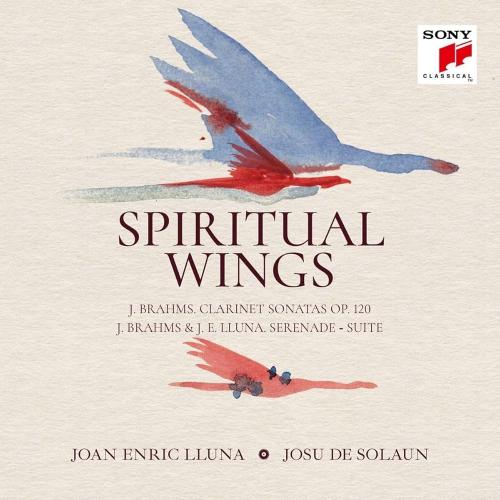
Piano
I did not begin in music by playing, I began by singing. Music, at its core, is not sound, nor system, nor instrument. It is breath. It is voice. That is where I started, and that is where I always find myself returning.
For me, the piano is not a pedestal, not a fetish, but simply a tool. Not a shrine, but a threshold. It is never the source of music, but a means to approach it. It does not replace the voice, it always longs for it. My relationship with the instrument has been long, intense, and paradoxical. At times, the piano has felt like both home and exile: a place where I could speak, and yet risk forgetting how.
Today, I approach the piano not as a virtuoso machine, but as a witness. I seek to make it breathe, to make it sing. Not by mimicking the human voice, but by recovering its origin: its necessity to mean something. I do not aim to perform; I aim to say. Each recital is, for me, an act of presence, a story, a risk, a poetic offering.
I believe the pianist must be more than a specialist. We must compose, improvise, conduct, write, teach, philosophise, imagine, and sing, not just metaphorically, but literally. Interpretation without inner song is empty gesture. I resist the idea of the pianist as a museum curator of tradition. I embrace the figure of the bard, the rhapsode, the wanderer who tells and retells the ancient stories through ten fingers and a breath held just below the surface.
If I give concerts, it is to bring music back to the voice. Not necessarily to singing, but to that primal urgency to speak, to cry, to remember, to pray. The piano, in this vision, becomes what it once was: a psaltery, a bard's lyre, a companion, a shadow of the body.
That's why I often include my own compositions in recitals, not as a statement, but as a way of keeping that thread alive between invention and expression. I also play works by composers I know personally, whose music is part of my life, not just my repertoire. And of course, I return to the canon, Chopin, Schumann, Brahms, and so many others, but not to preserve them as relics. I want to approach them as if they were still being written, still unfinished, still asking questions.
Improvisation, too, plays a role. It reconnects me with that earlier space where music is discovery, not execution. It allows room for surprise, for listening, for vulnerability. Sometimes, elements of theater or spoken word slip into the recital as well, not as decoration, but as another way of breaking the spell of abstraction. I'm interested in recitals that don't just present music, but reflect on it. That open a space between art and life.
Because I no longer believe in "pure", "absolute", instrumental music, as if music could or should be detached from meaning, from gesture, from speech. That notion, inherited from certain strands of thought, feels to me like an exile of the voice, a denial of the body. If I continue to play recitals, whether solo or with others, it is never to celebrate that abstraction, but to mourn the loss of the word, or to play in such a way that language and meaning almost returns. As if the phrasing itself were a kind of troping, a semiosis, a way for meaning to flicker through sound, briefly, imperfectly. I want music that remembers its origins in invocation, not computation. I believe in music that breathes, that gestures, that dares to be incomplete. Music that remembers it once had a body, and maybe still does. In this sense, every concert is a kind of elegy for the lost union between sound and speech, and perhaps, if we're lucky, a small act of reconciliation...
click here for Josu's upcoming performances








